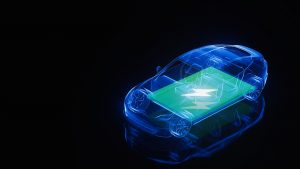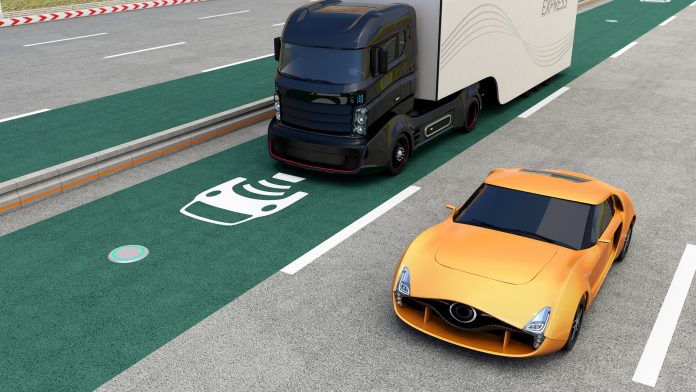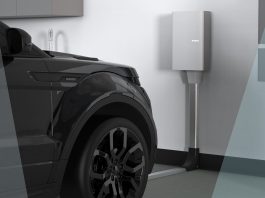Cornell University researchers have designed an efficient bidding strategy to reduce the energy costs for operators of wireless charging roads.
According to new Cornell University research, motorway wireless charging for electric cars will require an efficient bidding strategy for energy costs to be minimised for both the private operators and the consumers who use the service. The researchers found that consumers could save as much as 6% off the retail electricity price by employing dynamic pricing strategies in the marketplace.
The paper, ‘Bidding strategy for wireless charging roads with energy storage in real-time electricity markets,’ aims to design a competitive and price-sensitive demand bidding strategy for wireless charging road owners who currently have no electricity storage capacity.
The research is published in the journal Applied Energy.
Managing a charging motorway requires efficient pricing
An efficient pricing strategy is crucial for private operators who provide motorway wireless charging for EVs because electricity prices can vary drastically within a day.
Oliver Gao, the Howard Simpson Professor of Civil and Environmental Engineering in Cornell Engineering and senior author of the study, stated: “Electrifying transportation is great, since you can eliminate carbon emissions.
“You can energise your car while driving in the charging lane. But if you’re managing a charging highway that can provide energy to cars, you’re buying and selling electricity on an industrial scale. We’re trying to suggest a smart business strategy.”
A proposed strategy for reducing the energy cost of a wireless charging road
Gao, who is also a faculty fellow at the Cornell Atkinson Center for Sustainability, and his team, developed an algorithm to forecast the real-time electricity load on a charging motorway. This will evaluate a price prediction and electricity availability.

Not only does the team’s bidding strategy reduce the energy cost for operating a wireless charging road, but electricity load pressure on a power network is also partially alleviated.
“Our paper comes from the perspective of running a gas station,” Gao said.
“If you’re running a charging highway – or if you get the contract to run a charging highway – you’re buying electricity and you’re selling electricity. It’s dynamic. You either buy an hour ahead of time and then you sell it one hour later, or you bid on electricity, you submit your bid, buy it, and then you sell it.”
What are the advantages of wireless charging lanes?
Currently, an EV battery has a variety of limitations which causes the charging time of an electric car to increase. On top of this, an electric car’s range may only be a few hundred miles.
A wireless charging lane reduces this so-called ‘rang anxiety’ about low batteries on longer trips, as a driver has the ability to move into a charging lane. These would act in a similar way as today’s high-occupancy vehicles moving into special lanes to avoid dense traffic.
To ensure that wireless charging lanes can function efficiently, ensuring that energy costs can be lowered will impose less pressure on the existing power grid.
“These two merits can bring broad benefits to our society,” Gao said. “Cost reduction in operating wireless charging roads is likely to attract more investment in constructing these roads and lower the corresponding charging price – promoting overall electric vehicle adoption.
“The alleviation of required pressure on the power grid is great news to the power industry, which already suffers significant strain on the existing infrastructure.”









